5 Spicy Secrets of Fine Ground Black Pepper: From Kitchen Staple to Flavor Superstar!
If you thought your spice rack was just a bunch of dusty jars collecting flavor memories, it’s time to reevaluate — especially when it comes to fine ground black pepper. This humble kitchen staple is more than just a shaker friend; it’s a culinary chameleon with secrets that could rival James Bond.
In this blog post, we’re cracking open the peppercorn vault and spilling the beans (or should we say, berries?) on everything you never knew about fine ground black pepper. So, strap in, because this ride promises to be spicy, surprising, and surprisingly scientific!
Table of Contents
- What Exactly Is Fine Ground Black Pepper?
- Why Use It? 5 Reasons Your Pantry Needs This Spice
- How to Use It Like a Pro Chef (No Fancy Hats Required)
- Myth-Busting: Common Misconceptions About Black Pepper
- The Science Behind the Heat: What Makes It Tick?
- Ground vs. Whole: The Great Pepper Debate
- Buying Guide: How to Choose the Best Fine Ground Black Pepper
- Storing Tips: Keep Your Pepper Fresh Without a Fridge Alarm
- Pepper Fun Facts: Impress Your Friends at Parties
- Summary: Spice Up Your Life (Literally)
What Exactly Is Fine Ground Black Pepper?
You might think black pepper is just that shaker next to the salt. But let’s dive deeper into what gives this spice its punch.
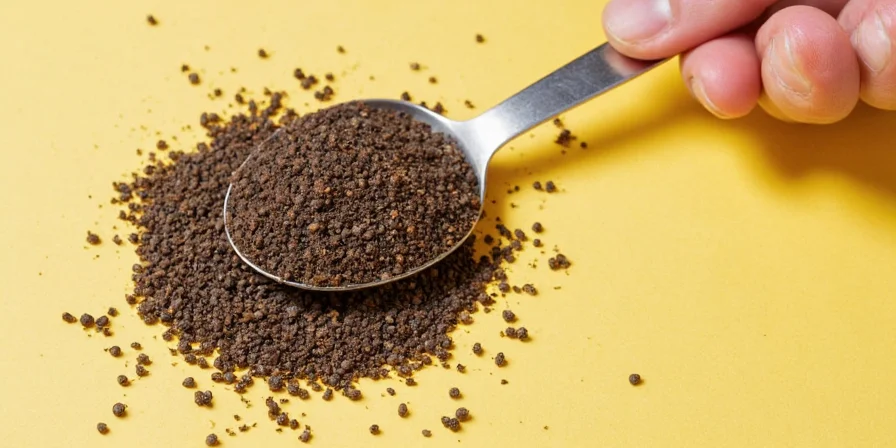
Fine ground black pepper is made by grinding dried black peppercorns into a powder-like consistency. Unlike coarse or cracked versions, this finely milled form disperses easily, making it ideal for seasoning sauces, marinades, or even desserts (yes, really!).
Why Use It? 5 Reasons Your Pantry Needs This Spice
- Enhances flavor: Activates other spices and makes dishes taste more complex.
- Digestive aid: Contains piperine, which can improve nutrient absorption.
- Versatile: Works in both savory and sweet recipes.
- Prolongs shelf life: Natural antibacterial properties help preserve food longer.
- Elevates texture: Adds subtle heat without chunky bits interrupting the dish’s flow.
How to Use It Like a Pro Chef (No Fancy Hats Required)
Chefs don’t just sprinkle randomly — they wield pepper like a painter wields a brush. Here’s how to join the club:
- Season layers: Add pepper at multiple stages during cooking for depth.
- Mix with oil: Combine with olive oil before sautéing to release volatile oils for better aroma.
- Bake smarter: Sprinkle in brownies or banana bread for a subtle kick that complements chocolate perfectly.
- Make infused butter: Whip fine ground pepper into softened butter for steak, toast, or corn on the cob.
- Garnish with purpose: A light dusting over soups or risotto adds finishing flair without overpowering the dish.
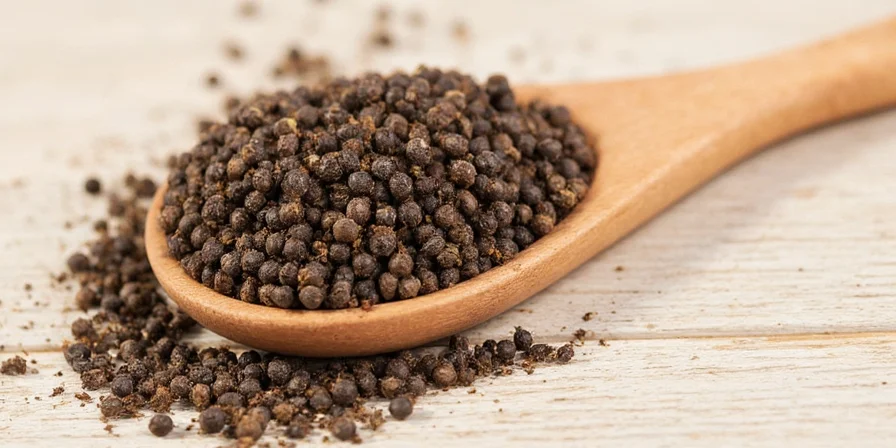
Myth-Busting: Common Misconceptions About Black Pepper
Time to separate fact from fiction and debunk those pesky myths floating around like rogue peppercorns:
| Myth | Reality |
|---|---|
| Only whole peppercorns have flavor. | Fine ground retains most flavor if stored properly. |
| All black pepper tastes the same. | Origin and grind size affect taste significantly. |
| It goes bad quickly. | Lasts up to 3 years when sealed and away from light. |
| You need a grinder for good flavor. | Fine ground is ready-to-use and consistent every time. |
The Science Behind the Heat: What Makes It Tick?
While chili peppers get all the credit for capsaicin, black pepper’s secret weapon is piperine — a compound responsible for its bite and bio-enhancing abilities.
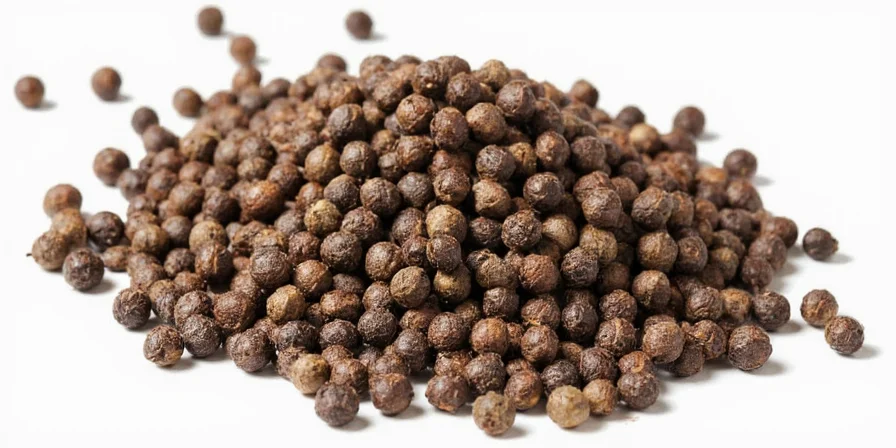
- Piperine enhances the absorption of nutrients like curcumin and selenium.
- Triggers TRPV1 receptors, similar to capsaicin, causing mild heat sensation.
- Antioxidant and anti-inflammatory properties are under ongoing research.
Ground vs. Whole: The Great Pepper Debate
Let’s settle this once and for all. Below is a side-by-side comparison between fine ground and whole peppercorns:
| Aspect | Fine Ground Black Pepper | Whole Peppercorns |
|---|---|---|
| Flavor Release | Immediate, evenly dispersed | Controlled, customizable |
| Shelf Life | Shorter, but still decent | Lasts years |
| Convenience | Ready to use | Requires grinding tool |
| Texture | Smooth integration | Rustic mouthfeel |
| Use Case | Sauces, batters, dressings | Steaks, grinders, DIY infusions |
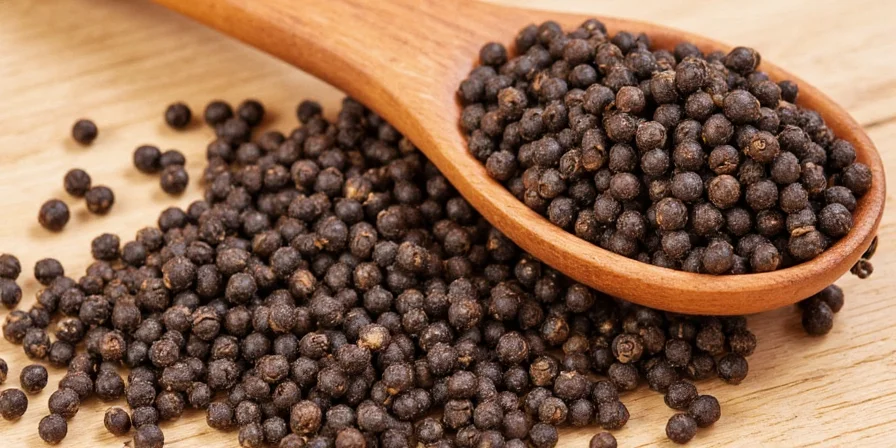
Buying Guide: How to Choose the Best Fine Ground Black Pepper
Not all black pepper is created equal. Follow these tips to pick a winner:
- Look for origin labels: Malabar, Tellicherry, or Sarawak peppers are premium options.
- Avoid “pepper blend” traps: Some brands mix with filler spices or inferior grades.
- Check packaging: Opaque, airtight containers protect against light and moisture.
- Smell test: A rich, woody aroma means freshness; bland smell means skip it.
- Read ingredient lists: No added preservatives or anti-caking agents unless necessary.
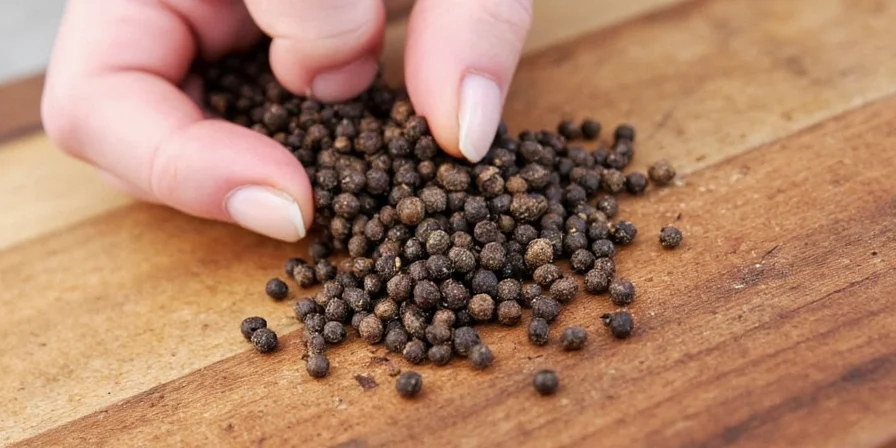
Storing Tips: Keep Your Pepper Fresh Without a Fridge Alarm
Unlike garlic or herbs, pepper doesn’t require special care — but a few tricks will keep it potent:
- Store in a cool, dark place (like a pantry or cabinet).
- Use glass or metal containers to block light and moisture.
- Keep away from stove heat to avoid accelerated oxidation.
- Don’t refrigerate — condensation ruins powdered spices.
- Label with date purchased to track freshness.
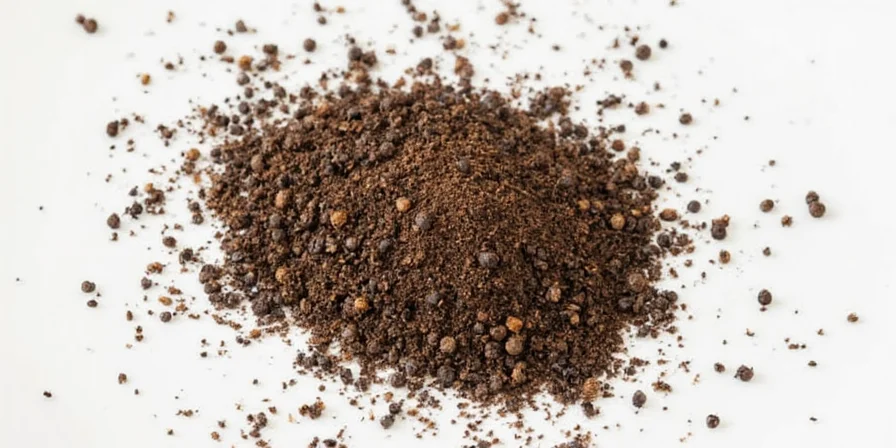
Pepper Fun Facts: Impress Your Friends at Parties
Knowledge is power — and also a great conversation starter. Drop these trivia bombs at your next dinner party:
- Black pepper was once called “black gold” and used as currency.
- The Romans traded extensively for Indian black pepper.
- It’s technically a fruit, not a spice — peppercorns grow on vines!
- Some chefs believe it pairs better with white wine than red.
- Fine ground pepper can even be used as a natural insect deterrent.
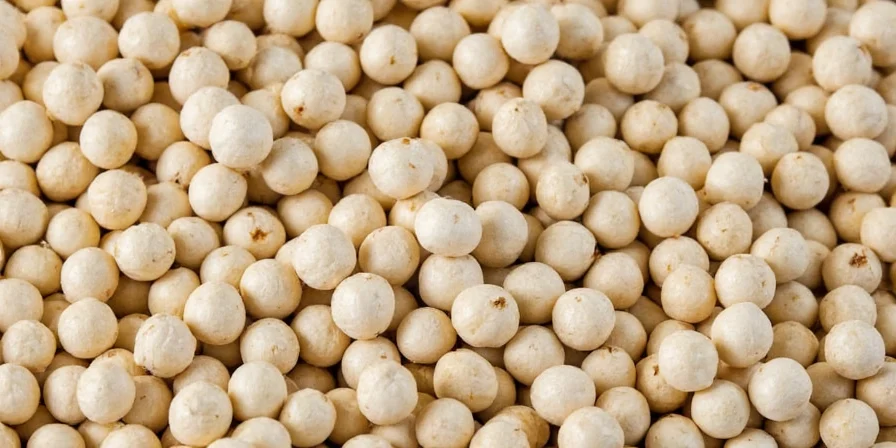
Summary: Spice Up Your Life (Literally)
Fine ground black pepper isn’t just a background player in your spice lineup — it’s a versatile, science-backed powerhouse that deserves more attention. Whether you’re baking brownies, searing steak, or whipping up a creamy sauce, this finely milled marvel brings depth, heat, and a touch of history to every dish.
So next time you reach for the shaker, remember: you’re holding centuries of culinary evolution in the palm of your hand. Now go forth and season boldly — your taste buds will thank you!
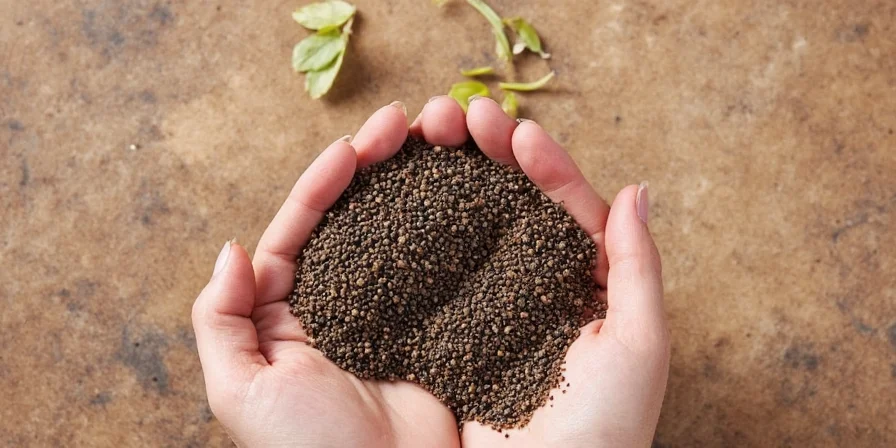
Want More Spice Wisdom?
Subscribe to our newsletter for weekly spice hacks, deep dives, and exclusive giveaways straight to your inbox!










 浙公网安备
33010002000092号
浙公网安备
33010002000092号 浙B2-20120091-4
浙B2-20120091-4